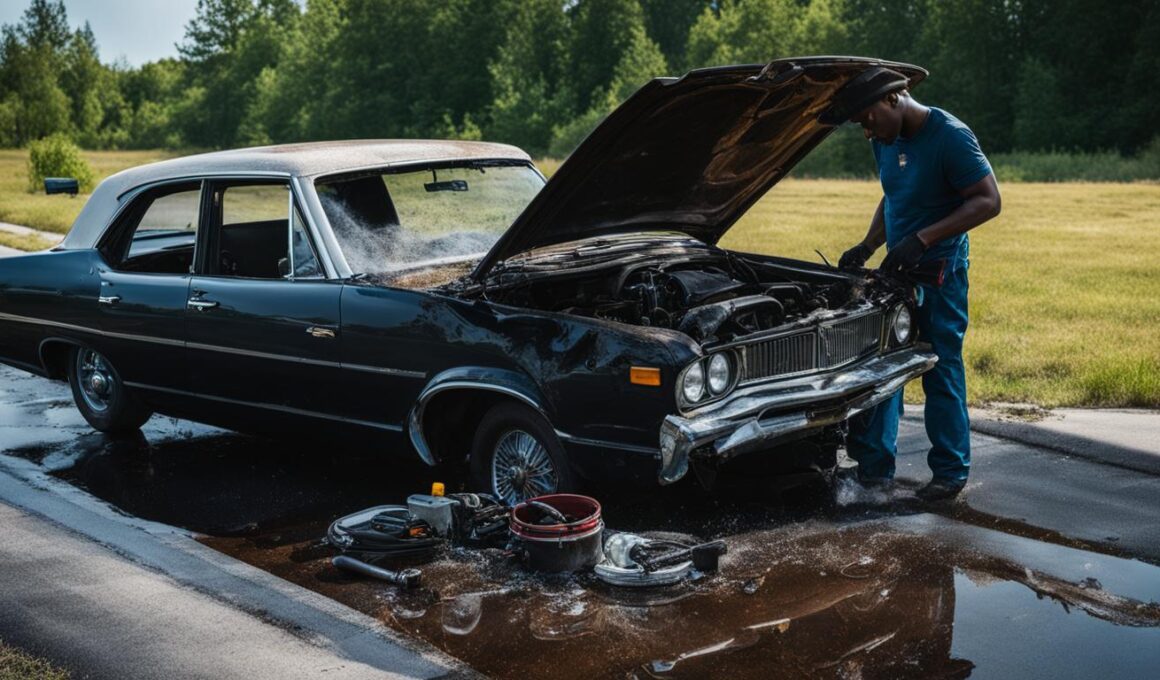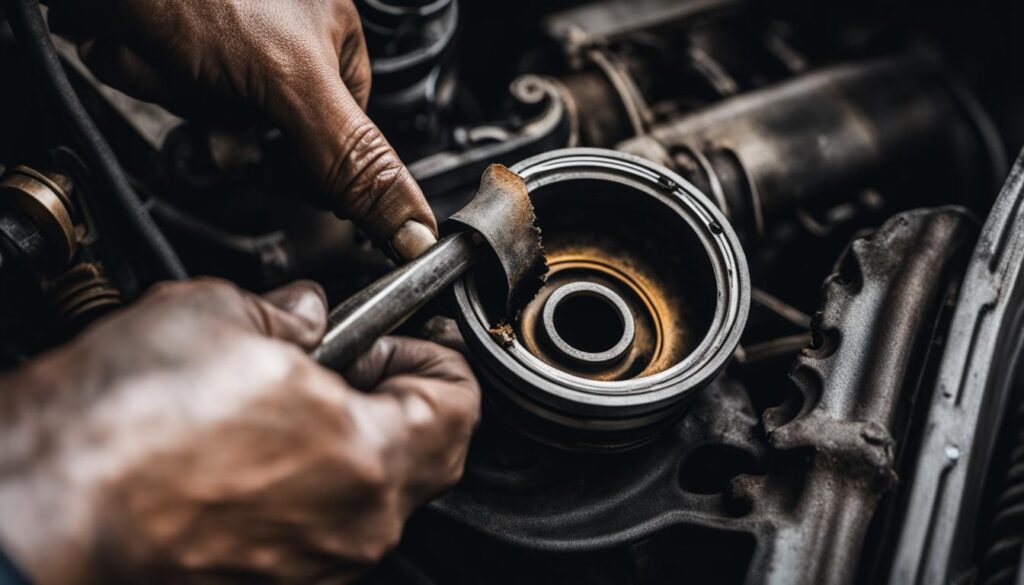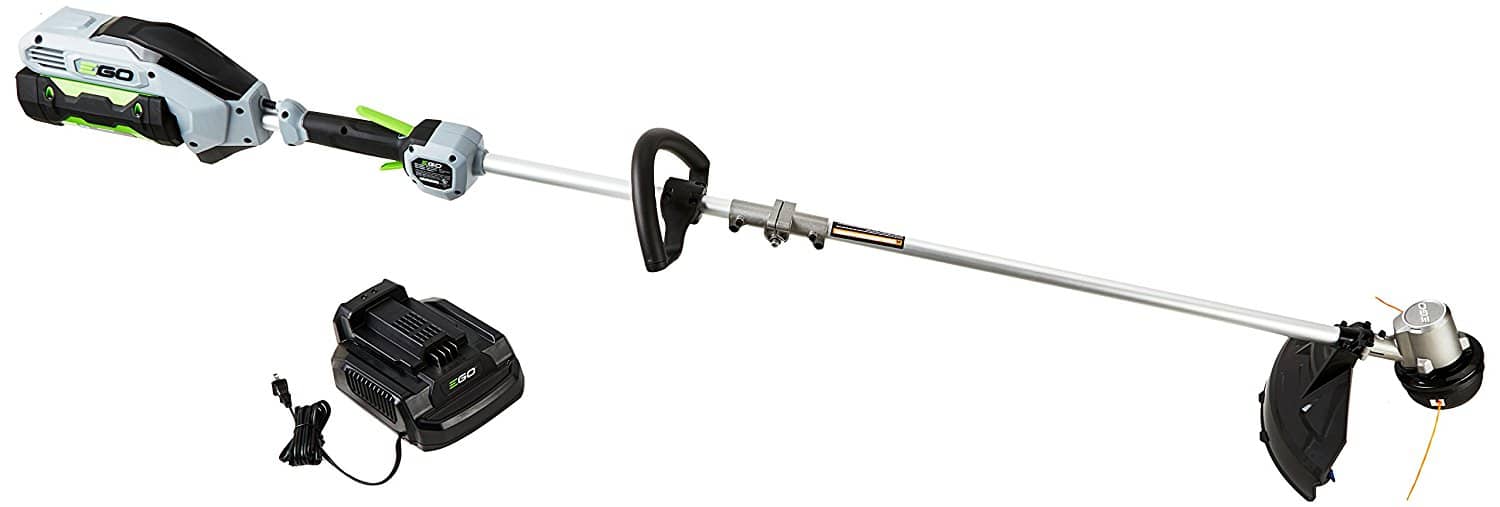If you’ve been experiencing issues with your vehicle’s performance, it could be a sign of bad piston rings. Ignoring these symptoms could lead to further damage and costly repairs. Understanding the signs of bad piston rings is crucial for maintaining the health of your engine.
One of the common symptoms of bad piston rings is excessive exhaust smoke. If you notice thick, black smoke coming from your exhaust, it’s a clear indication that your piston rings are not functioning properly. This smoke is caused by oil seeping past the damaged rings and being burned in the combustion chamber.
Another symptom to watch out for is excessive oil consumption. Bad piston rings can result in oil burning within the combustion chamber, leading to a noticeable decrease in oil levels. If you find yourself frequently topping up your oil, it may be time to check your piston rings.
Furthermore, bad piston rings can significantly impact your engine’s performance. You may experience reduced power, sluggish acceleration, or an overall decrease in fuel efficiency. These issues can be frustrating and can make every drive less enjoyable.
If you suspect that you have bad piston rings, it’s important to consult a professional mechanic or engine rebuilder. They will conduct comprehensive tests to diagnose the issue accurately. Remember, timely repairs and preventative maintenance can save you from costly repairs down the line.
Causes and Impact of Bad Piston Rings
Bad piston rings can have various causes that result in significant impacts on the performance and longevity of your engine. Understanding these causes and their effects is essential for maintaining your vehicle’s health and avoiding costly repairs.
Causes of Bad Piston Rings:
- Regular wear and tear: Over time, the constant motion and high temperatures within the engine can cause piston rings to wear down. The friction from the reciprocating motion and the intense heat generated from the combustion process gradually diminish the rings’ sealing abilities.
- Engine misuse: Aggressive driving habits, such as excessive revving or abrupt acceleration, can put excessive stress on the piston rings. This can lead to premature wear and an increased risk of ring failure.
- Poor maintenance: Neglecting regular engine oil and filter changes, as well as failing to follow recommended maintenance intervals, can result in the accumulation of harmful contaminants in the engine. Over time, these contaminants can cause increased ring wear and reduced ring sealing.
Impact of Bad Piston Rings:
The consequences of bad piston rings can be significant, affecting both the performance and overall health of your engine. Here are some common impacts:
- Exhaust smoke: When piston rings fail to seal properly, the combustion gases can leak past the rings and enter the exhaust system. This can result in visible smoke emissions from the tailpipe, often appearing as a bluish or greyish color.
- Oil burning: Faulty piston rings can allow engine oil to enter the combustion chamber, leading to oil consumption and burning. This can cause a noticeable decrease in oil levels between oil changes and may result in the emission of blue smoke from the exhaust.
- Poor performance: Insufficient compression due to bad piston rings can result in decreased engine power, reduced fuel efficiency, and sluggish acceleration. You may notice a loss of overall performance and responsiveness in your vehicle.
- Increased engine wear: When piston rings fail, excessive blow-by occurs, allowing unburned fuel and combustion gases to contaminate the oil. This can lead to increased engine wear, higher levels of internal friction, and potential damage to other engine components.
Being aware of the causes and impact of bad piston rings empowers you to take proactive measures to prevent their occurrence. Regular maintenance, driving responsibly, and promptly addressing any symptoms of piston ring failure will help preserve the health and longevity of your engine.
Repairing and Preventing Bad Piston Rings
When it comes to repairing bad piston rings, it’s essential to understand that this is a complex task that requires specialized skills and tools. To fix the issue, the engine needs to be disassembled to access the piston rings, which will then be replaced with new ones. It is highly recommended to leave this job to professional mechanics or engine rebuilders who have the expertise and experience to handle such intricate repairs.
Before proceeding with the repairs, comprehensive tests are carried out to determine the extent of the damage and the best course of action. These tests include compression tests, leakdown tests, and thorough visual inspections. They help identify any additional issues that may have been caused by the faulty piston rings and ensure that all necessary repairs are addressed.
Prevention plays a crucial role in avoiding bad piston rings. Regular engine maintenance, including routine oil changes, proper filtration, and scheduled tune-ups, can help extend the lifespan of the piston rings. Using high-quality oil and fuel additives can also aid in preventing premature wear and tear.
Additionally, it is important to drive the vehicle responsibly and avoid any excessive engine loads or aggressive driving habits that can put unnecessary stress on the engine components. By following these preventive measures, you can minimize the risk of encountering problems with your piston rings and keep your engine running smoothly and efficiently.
Are Piston Ring Problems Similar to the Issues Faced by Sky Pencil Holly Plants?
Piston ring problems in vehicles are not directly similar to the issues faced by Sky Pencil Holly plants. However, both require specific solutions. Sky Pencil Holly issues and solutions may include addressing yellowing leaves, which can be resolved by adjusting the plant’s watering schedule and ensuring proper drainage.










